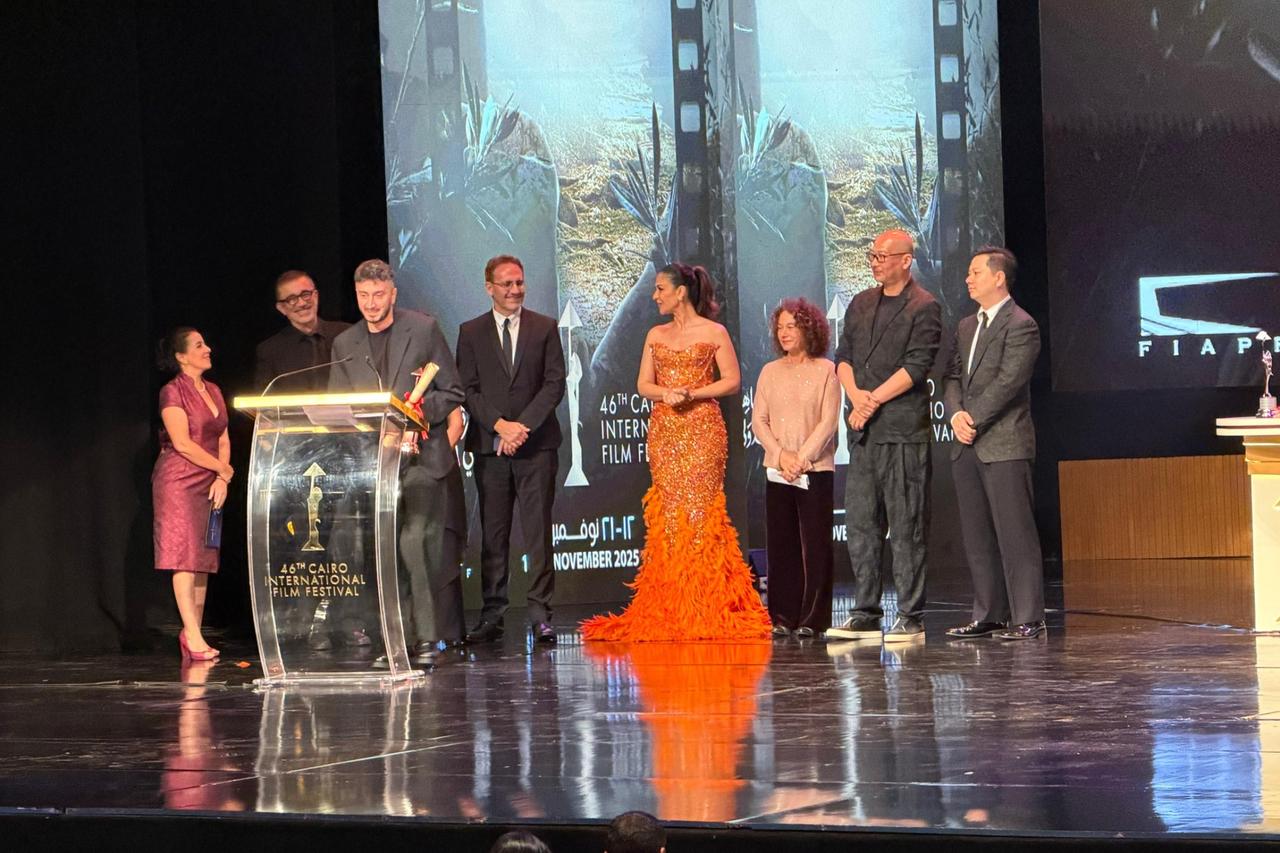
Türkiye’s growing presence at Arab film festivals this year has expanded beyond protocol appearances, with leading Turkish filmmakers and actors receiving major awards, prominent roles, and regional honors across Arab festivals.
At this year’s major Arab festivals, Turkish celebrities were among the most noticeable international guests.
Most prominently, the appointment of internationally renowned director Nuri Bilge Ceylan as president of the international jury at the 46th Cairo International Film Festival is seen by film critics as an elevation of the artistic profile of Turkish cinema within a major Arab cultural institution.
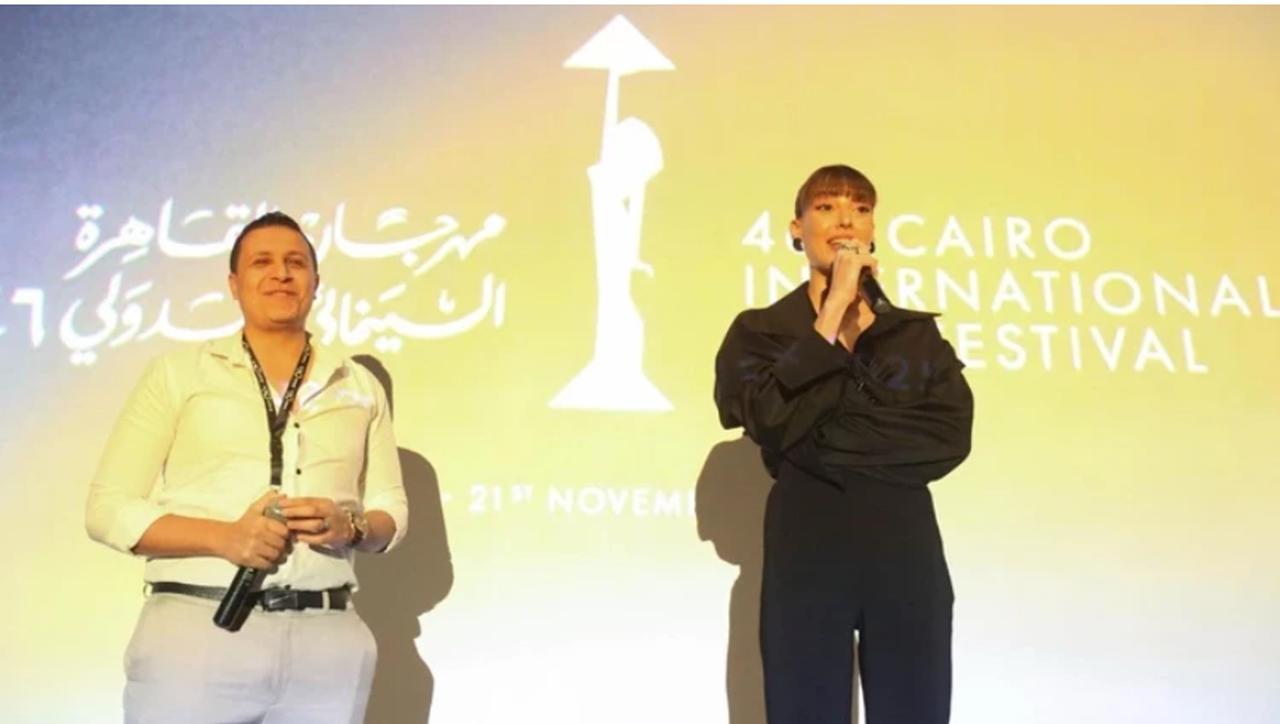
This heightened recognition was further reinforced by the success of two Turkish films at the festival: “The Things We Kill” (Oldurdugumuz Seyler), which won the Naguib Mahfouz Award for Best Screenplay, and “The Breath We Take” (Aldigimiz Nefes), which received the Bronze Pyramid Award in the festival’s 46th edition.
Beyond Cairo, Turkish artists are also being acknowledged on Arab red carpets. The Distinctive International Arab Festivals Awards (DIAFA), held annually in Dubai, announced that Turkish actor Ibrahim Celikkol will be honored at its ninth edition in 2025.
The decision to honor Celikkol underscores how Turkish performers have become established figures within Arab celebrity award circuits—no longer merely invited guests, but recipients of significant regional distinctions.
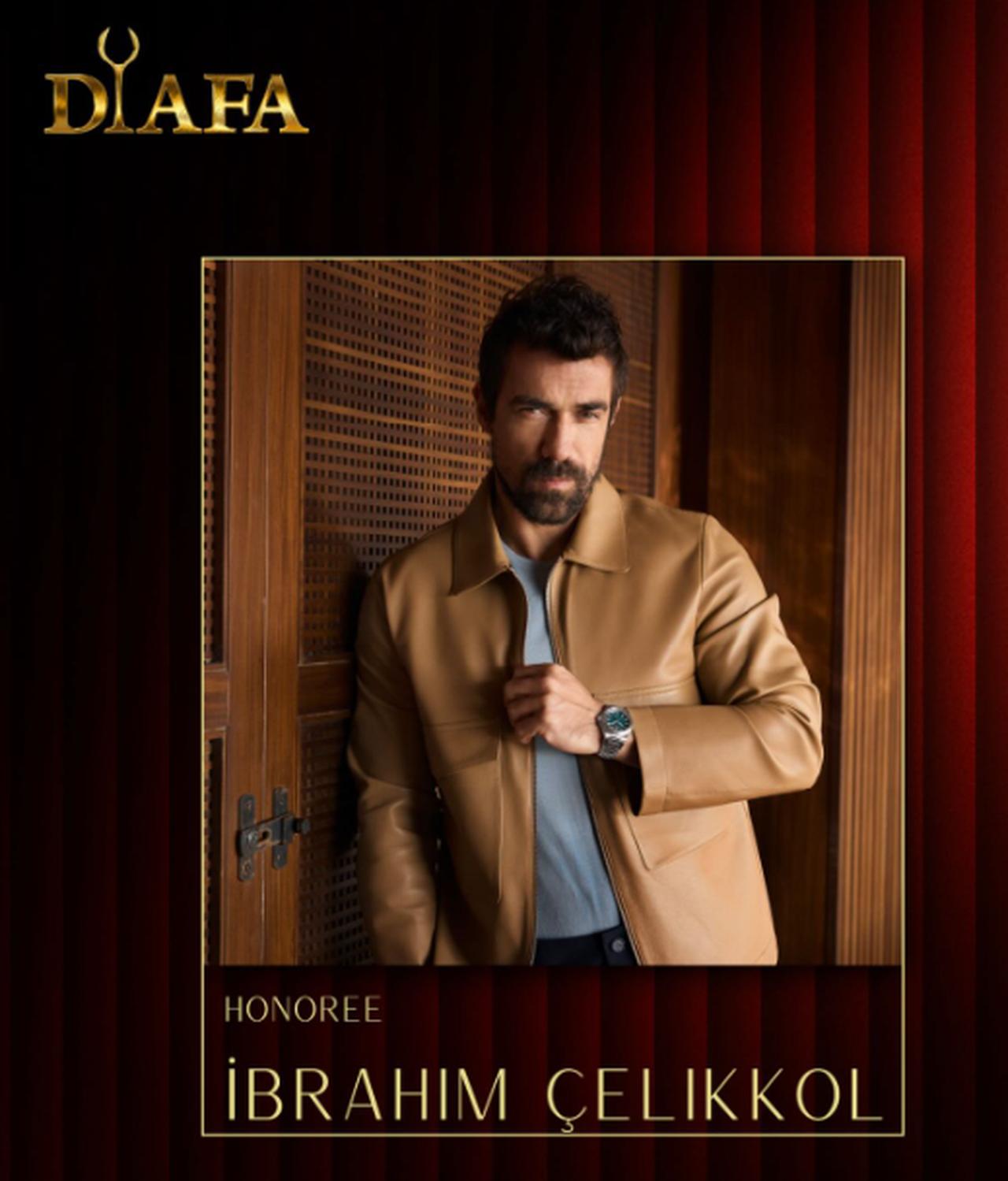
In 2024, another Turkish actress received a prize at the same festival; Demet Ozdemir won the “Best International Actress” award.
DIAFA is an Arab-branded awards gala that celebrates Arab and international personalities for their contributions to arts and public life, and it is widely covered by regional entertainment media.
Beyond film festival invitations, Turkish stars are increasingly being formally recognized on Arab red carpets.
Engin Altan Duzyatan was named Best International Actor at DIAFA 2019; Neslihan Atagul received the Best International Actress of the Year award in 2021; and Birce Akalay was recognized as International Actress of the Year in 2022.
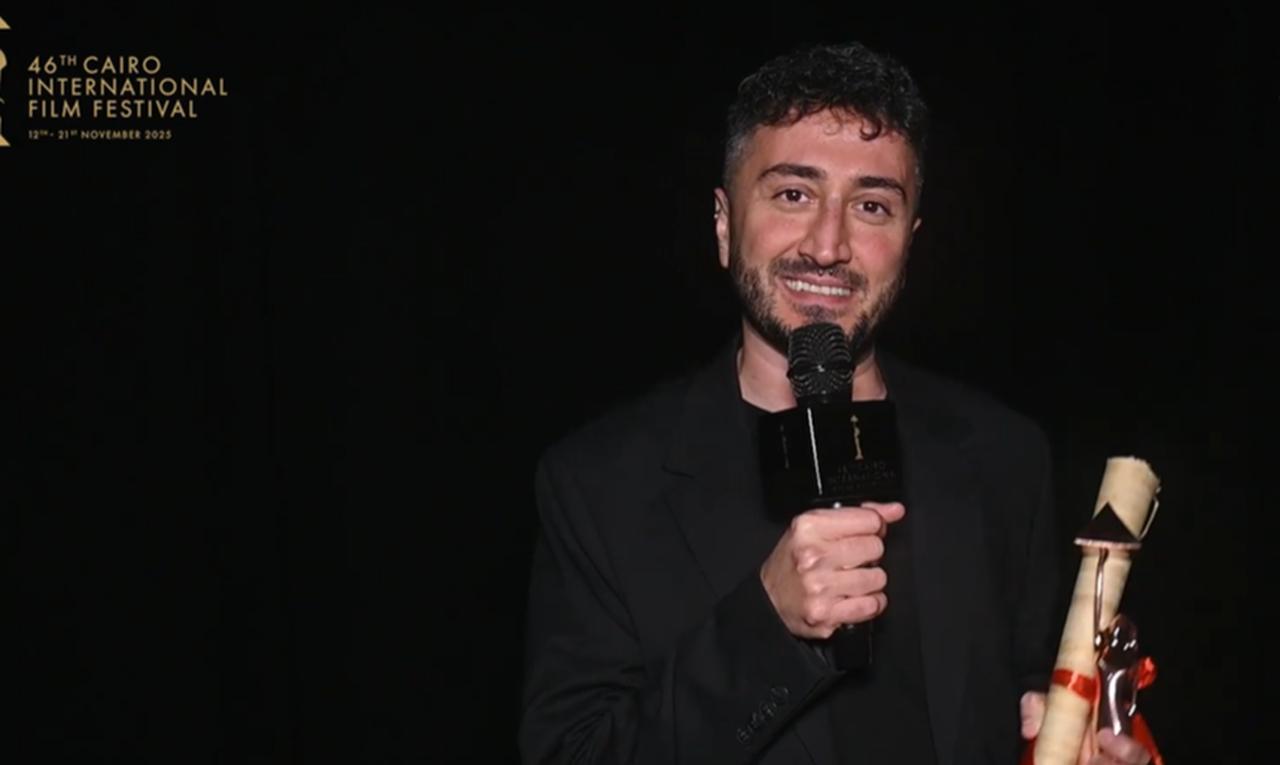
This visibility is mirrored in the region’s major film festivals. Engin Altan Duzyatan, the star of Resurrection Ertugrul (Dirilis Ertugrul), drew large crowds during his public talk at the Doha Film Festival, underscoring the enduring popularity of Turkish actors among Arab audiences.
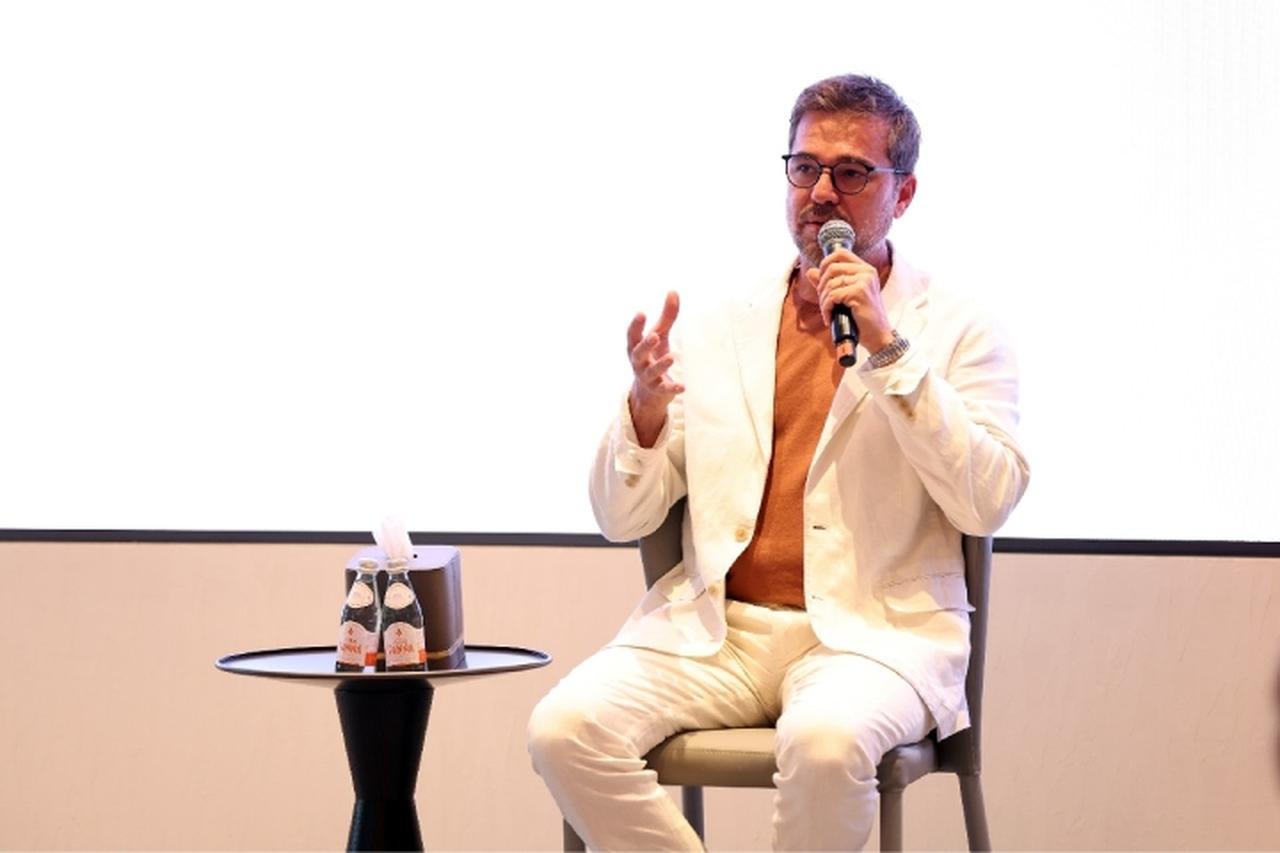
Similarly, actor Kaan Urgancioglu’s attendance at the eighth edition of the El Gouna Film Festival received wide coverage, with Türkiye Today and several Egyptian cultural outlets highlighting his appearance.
Together, these moments reflect the expanding presence and influence of Turkish performers across Arab cultural events.
The 27th edition of the “Auteur Cinema” Festival saw the participation of Turkish actors Murat Danacı and Mert Altınışık, who attended the event held from November 17 to 24.
Moroccan audiences warmly welcomed the arrival of the two Turkish actors at the festival venue. Both actors previously starred in several productions, including the popular drama series Samihini.
The series topped viewership charts on Morocco’s 2M channel throughout the years it was broadcast.
This was stated in the annual report of Maroc Metri, a non-governmental institution that measures viewership ratings for Moroccan television channels.
The presence of Turkish artists in Arab media has expanded significantly, reflecting a deepening cultural engagement between the two regions.
Programs such as “ABtalks,” in which Emirati presenter Anas Bukhash hosts prominent Turkish actresses, have attracted substantial viewership and underscored sustained public interest.
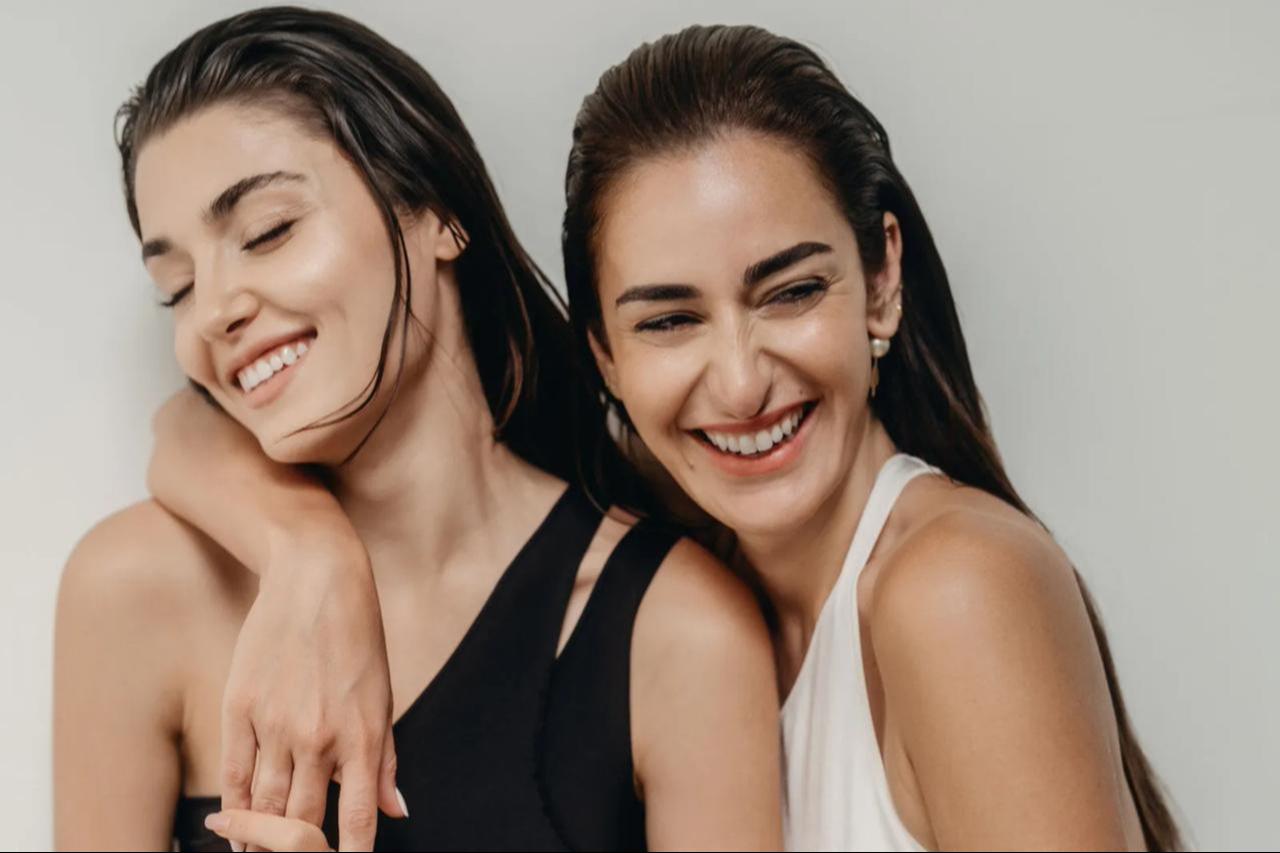
This media visibility is further exemplified by Vogue Arabia’s recent cover featuring Turkish star Hande Ercel alongside Egyptian actress Amina Khalil, a collaboration that illustrates how Turkish drama has evolved from a dubbed television import into a shared cultural idiom across the Arab world.
Ercel’s extensive following in the region, Khalil’s expressed admiration for Turkish performers, and the growing momentum for cross-regional artistic partnerships all signal the extent to which Turkish storytelling has become integrated into Arab entertainment.
This increasing cultural convergence aligns with the notable presence of Turkish celebrities at Arab film festivals and reinforces Türkiye’s position as an influential cultural actor in the region.
The decision by Saudi platform Shahid to acquire the final episodes of the Turkish drama Room for Love before their broadcast in Türkiye underscores how Arab audiences and institutions have become key drivers of Turkish cultural influence.
This cross-border demand mirrors the rising visibility of Turkish stars at major Arab festivals, from Doha to El Gouna, and highlights a shift in which Arab platforms and events increasingly serve as primary stages for Turkish cinema and television.
Academic research shows that Turkish TV dramas became one of Türkiye’s strongest cultural tools in Arab societies, with over 150 Turkish series exported to over 100 countries and some episodes attracting 85 million viewers across the MENA region—a level of cultural reach unmatched by any other non-Arab producer.
Turkish series such as Dirilis Ertugrul, Payitaht Abdulhamid, Muhtesem Yuzyıi, and Gumus (Noor) created broad familiarity with Turkish narratives, landscape and historical themes, laying the groundwork for the enthusiastic reception Turkish celebrities receive today at Arab festivals.